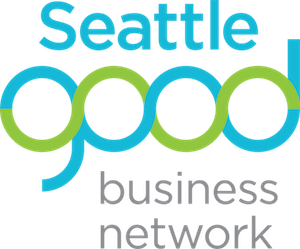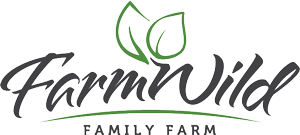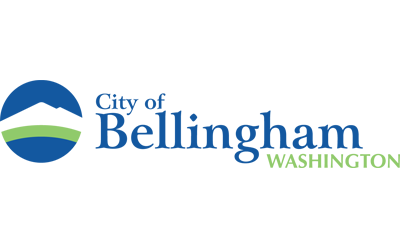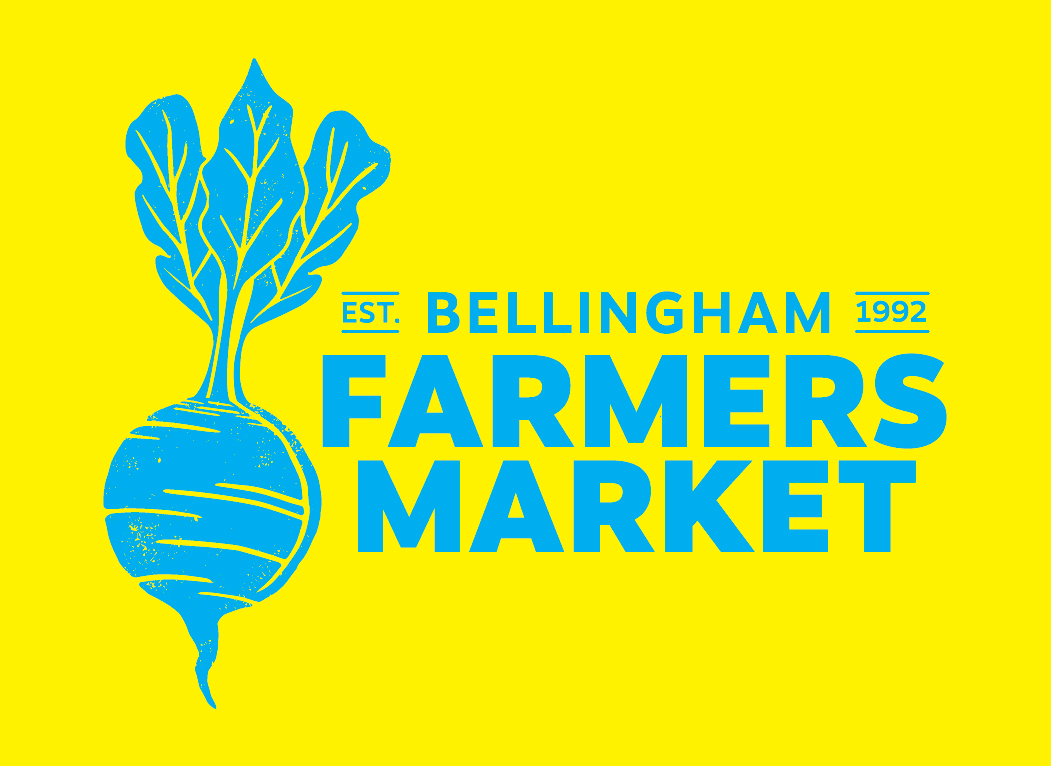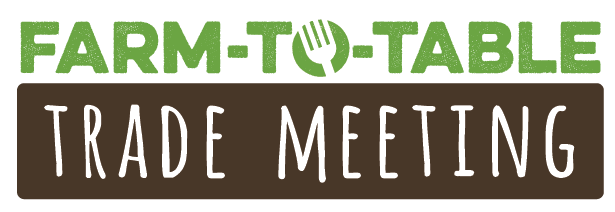
Farmers, restaurateurs, food business folks, and food system enthusiasts – mark your calendars for the 2022 Virtual Farm to Table Trade Meeting! Hosted by Sustainable Connections in partnership with Business Impact Northwest and Seattle Good Business Network, this virtual event is a unique opportunity to build business relationships across the food sector, learn about the latest food and farming news in Washington State, and celebrate the incredible work that your community is doing. Spanish translation service available | El servicio de traducción en español disponible.
- Meet new food buyers and producers
- Get new ideas for diversifying market channels
- Hear stories of producers and businesses in this region adapting to change
- learn how to access free technical assistance
Registration is still open for our Farm-to-Table Trade Meeting! We have partnered with the Seattle Good Business Network and Business Impact NW to make this a special event during Food Biz Week. Your Free registration will not only include access to our half-day programming lineup, but also the option to attend any Food Biz Week session and additional networking events.
Register here!
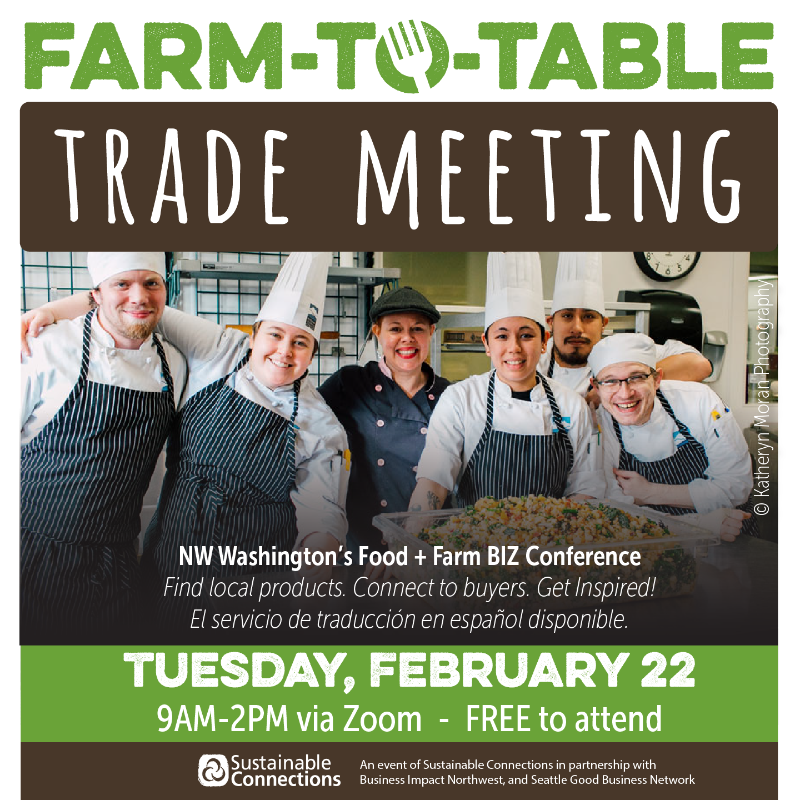
Day Of Agenda:
9:00- 10:15 AM: Essential Links – Upcoming Food Infrastructure Projects to Connect Our Local Food System
How can we help local restaurants and even institutions source meat more locally at the scale they need? How can we preserve the harvest to make sure we can source from local farms year-round? How can we ensure there are equitable entry points into the wholesale market for BIPOC- and women-led businesses? How can we provide more fresh and nutritious food access to our communities, especially those facing food insecurity? How can we better organize our food recovery efforts to ensure that food makes it to our tables instead of becoming waste? All of these questions can be addressed with solutions in the often-overlooked middle of the supply chain. Hear about exciting new food processing and infrastructure projects being developed in the Pacific NW to help our locally grown and harvested food get from the soil and sea to your table.
Panelists:
Hannah Kullberg, Business Development Director for Community Co-PackAbout Community Co-Pack
Yamila Sterling, Program Manager at Solid Ground, Emily Penna Program Manager at Meals Partnership Coalition: “South Seattle Community Food Hub”About South Seattle Community Food Hub Project
Christeena Marzolf, Owner of Falling River Meats: USDA Meat Processing ProjectAbout Falling River Meats: USDA Meat Processing Project
Linda Neunzig, Agriculture Coordinator for the Snohomish County Conservation and Natural Resources: “Snohomish Food & Farming Center”About the Snohomish Food & Farming Center
Matt Gurney, Chief Innovation Officer at FareStart: “Kent Valley Food Entrepreneurship Center”About Kent Valley Food Entrepreneurship Center
10:30-12:00 PM: Facilitated Networking
Zoom link to join session
(you will need an extra minute to fill out your name + business info to join)
This is a highlight of the Farm-to-Table Trade Meeting each year! Adapted for digital meeting space, our meetups will use Zoom breakout rooms to maximize the buyer and producer connections. Past attendees reported an average of 6 new sales connections as a result of the event, and the Farm-to-Table Trade Meeting in total has generated more than $500,000 in new sales each year.
12:00-1:00 PM: Break
1:00-2:15 PM: Wholesale Opportunities for Local Producers
A consistent barrier many food buyers have in sourcing locally, whether it’s a restaurant, a grocer, or an institution, is a lack of information about what producers are out there and what they are selling. This is a particular challenge for smaller and emerging producers who may not have the marketing resources to find new customers. Join us to learn about the work being done to support new and existing wholesale producers while building resiliency into the fabric of our local and regional food supply chains.
“The way we see it, buying food from our local growers and producers is part of ensuring our collective food security and a vital step in emergency preparedness. We believe local buying is a ‘must do,’ not a ‘nice to do.’ The pandemic has brought this point home. Because we buy locally, we have been insulated from the supply chain disruptions others have contended with. We are so grateful for our local growers and producers!” – Erica Lamson, co-owner of Pizza’zza
Join us for a conversation with the following experts in their communities about the changes to operations, funding, and learn about opportunities to access a variety of wholesale markets with new statewide digital infrastructure.
Panelists:
Annette Slonim, Farm to School Purchasing Grant Specialist at WSDARead Annette's Bio
Erica Lamson & Will Annett, Owners of Pizza’zza Will Annett Will has spent his entire 30-year career in restaurants. He has owned and operated Pizzazza, a pizzeria in Bellingham, for the past 15 of those years. He is passionate about making and serving delicious, accessible and scratch-made food for everyday people. Over the last 15 years, he has increased Pizzazza’s local purchasing from a handful of ingredients to spending between 60-80% of the business’ total food dollar with local growers and artisan producers. Erica Lamson A nutritionist and food lover, Erica joined Will in the business in 2015. In her professional and personal life, Erica’s work centers around connecting people to nourishing, delicious food. While she has diverse experience within many facets of the food system, from government to nonprofits to small business ownership, at the end of the day, she simply enjoys feeding people and feels fortunate to have the opportunity to do that in partnership with her husband, Will.
Read their Bio
Lupita Nava & Gerardo Quiroz, Co-Founders, Functional Foods | Owners & Operators of Tortillas Con Madre Gerardo Quiroz Castro: Obtained a degree in BSc Systems from The University of Nuevo Leon, in Monterrey Mexico. Gerardo has worked in many different industries ranging from chemical to mining, to commercial aerospace, and currently works in the organic industry. He has extensive experience in project planning, facilities design and construction, and Installation & Operation Qualification. Gerardo supports Functional Foods in regulatory compliance and acts as the representative with FDA and WSDA. He is their PCQI under FSMA and ensures all processes and procedures align with Government expectations. Gerardo’s participation has been very valuable while designing and strategizing the business startup and expansion.Read their Bios
Mark Bowman, Bowman Farms & North Olympic Development Council (NODC) Mark has lived and worked in rural communities his entire life. He has a Bachelor’s of Science in Agricultural Business from Cal Poly, San Luis Obispo. Agricultural, rural business, and first nations’ lending was his focus for 17 years with the Farm Credit System and Craft3. Mark likes to work one-on-one with clients identifying risk points and finding creative solutions to promote business stability and growth. Mark and his wife, Nancy, have lived and worked on the Olympic Peninsula since 1999. In his spare time, Mark owns and operates a goat ranch in Port Angeles selling meat to restaurants, grocers, and individuals. Developing Regional Wholesale Markets for Farmers on the Olympic Peninsula (noprcd.org)Read Mark's Bio
Patrick Durgan, Director of Food Services and Executive Chef at Bellingham Public Schools Bellingham Public Schools Central KitchenRead Patrick's Bio
Facilitated by: Maressa Valliant, Sustainable Connections | Eat Local First and Mariah DeLeo, Seattle Good Business Network
Register here!
Thank you to our partners:


